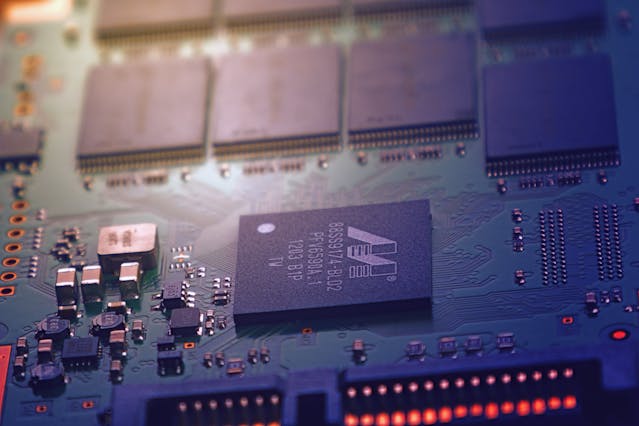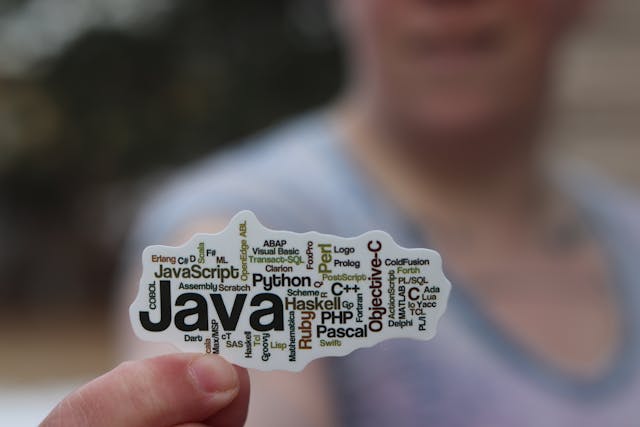Employee Monitoring Myths 2021: 5 Misconceptions Revealed
In the wake of the COVID 19 pandemic, the practice of remote working is now more popular than ever. While the employees get to work from the comfort of their homes without having to commute to offices, the employers find it difficult to ensure that the workflow is smooth and productive as it would have been in an offline setting.
This is where employee monitoring software like Work Examiner comes in. These systems track the pattern of work and activity of the employees while they are logged in for their designated work hours. Despite being an essential tool for the current scenario, these systems are often mistrusted due to some common myths.
Table of Contents
1. Is Employee Monitoring Even Legal?
Given that the employer abides by certain conditions, workplace monitoring IS legal. Even though the employees might feel strange being under the observation of their employers even in their own homes, employers have the legal authority to make sure whether the paid task is being performed.
The legality of monitoring is not usually an issue if the employer is transparent about the extent, usage, necessity, and benefits of the system.
2. Invasion of Privacy
Most people would not like to have their boss staring at their computer screen during working hours. Sometimes employees might have to get some personal things done using their work computers. Any uncalled-for situation regarding this matter can be avoided if there exists a reasonable internet usage policy. This policy example should not focus on casual stuff like social media check-ins or sensitive information like passwords.
With proper communication and transparency, the employees can be assured that the monitoring system would not violate their privacy.
3. Monitoring Means Lack of Trust
The data generated from monitoring the employees helps to get a clear picture of the workforce and workflow. This translates into a better understanding of the employees’ patterns, needs, and habits.
Monitoring does not mean that the employer lacks trust in the employee but they just want to ensure productivity and development of the team’s performance.
4. Cloud-Based Storage is Not Secure
Since an employee monitoring system is bound to pick up a ton of sensitive information about the employee’s overtime, it is imperative that the information is stored safely and doesn’t fall into the wrong hands.
Even though a cloud-based employee monitoring program is never 100 percent safe and has chances of information leakage, the company’s IT department must take measures to prevent that from happening. Today, the data is almost always encrypted to ensure security.
5. It Only Helps the Employer
It is true that the employee monitoring system is highly useful for employers, but at the same time, employees can also benefit from this.
This software keeps a record of the employees’ works regardless of the hour or location. This provides a lot of flexibility for the employees. Another fruitful feature is that these systems and their logs can be used to review any adverse situation between employees, misconduct, cyberbullying, or harassment. This helps make the workplace a lot healthier and comfortable for the employees.
Ending Notes
It’s only natural to be skeptical about a system that is used to keep tabs on you as an employee. However, employee monitoring software is rather useful for employers as well as employees. It promotes transparency, enhances productivity, and ensures overall improved performance. With the myths about the system debunked, it should be integrated into mainstream practice.









